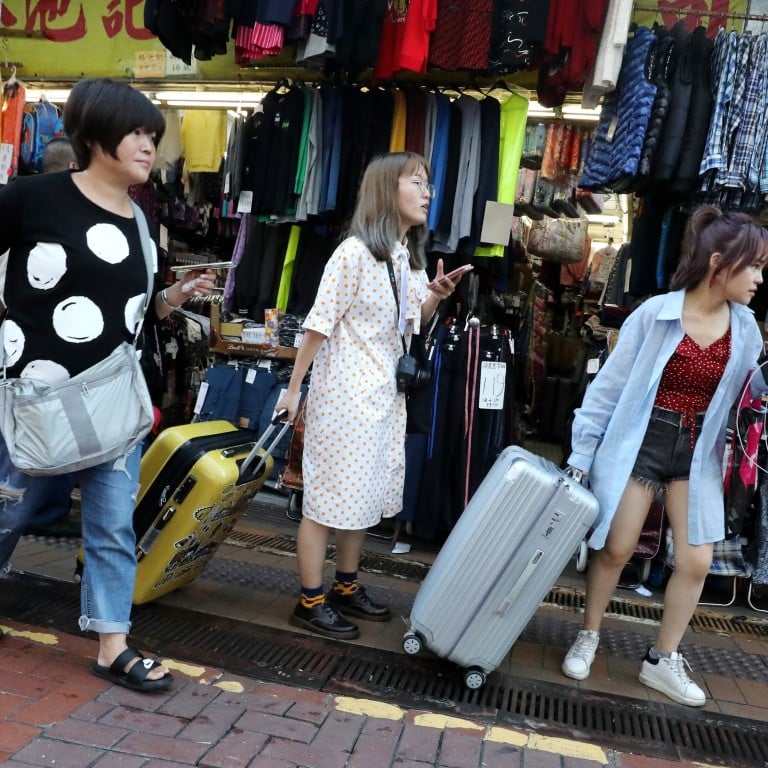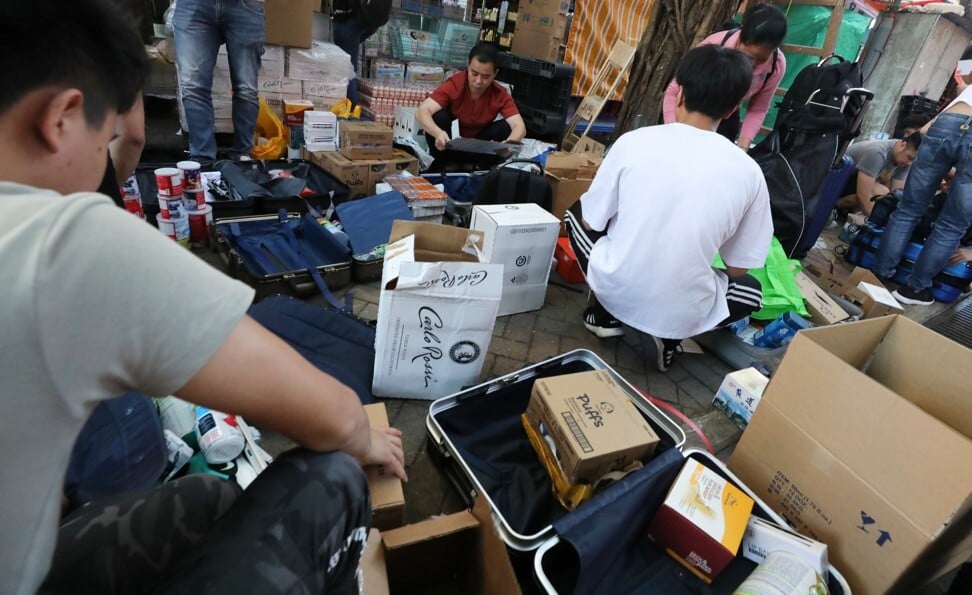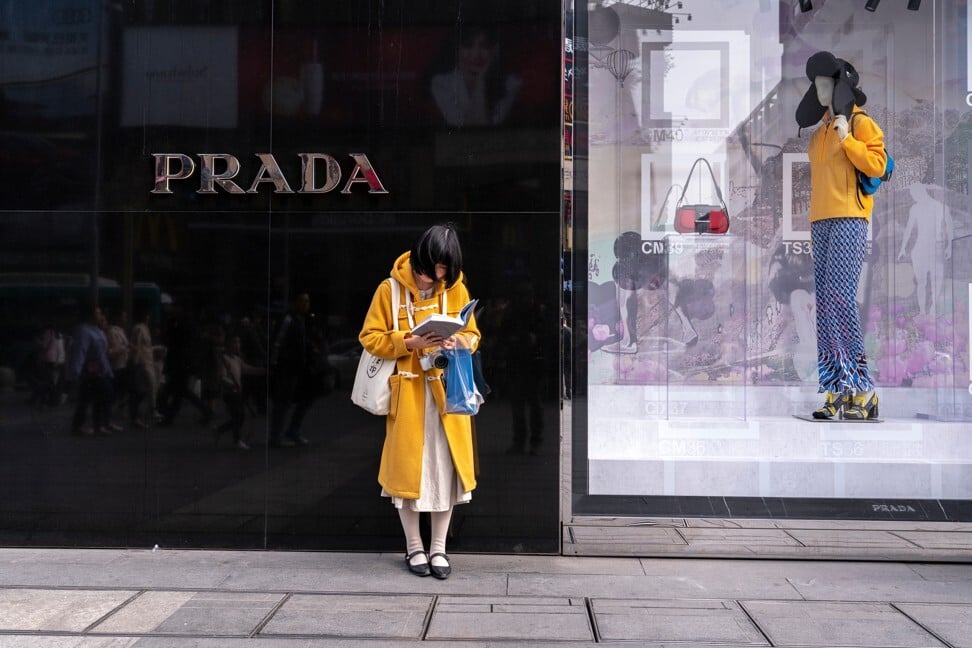
Explainer | How Chinese professional shoppers, or daigou, operate – by buying luxury goods for less overseas and shipping them for customers in China
- Professional shoppers make luxury goods affordable for Chinese consumers by buying them abroad for less than they cost in China. Dodging taxes keeps costs down
- Some are sole traders, and have been hit hard by travel curbs and a drop in flights amid the pandemic; others operate businesses in league with duty-free stores
What is a daigou?
The term daigou means “buying on behalf of” in Chinese. It is used to describe professional shoppers who buy sought-after products overseas and resell them in China. Cosmetics, apparel and luxury goods are the most popular goods.

“Over the past decade, this grey channel has provided Chinese consumers with valuable access to global brands at affordable prices,” says the Bernstein report. “At the same time, daigou operators can make lucrative margins by [taking advantage of variation in] prices between domestic and overseas markets.”
Customs’ direct action against parallel imports makes us look like fools
What types of daigou are there?
Daigou business is conducted both by sole traders and through companies. The sole traders are small-time buyers who live overseas or who go abroad frequently on buying trips. Some work with travel agencies, which give them discounts at designated duty-free stores to which they are introduced by the agency.

What role does Hong Kong play in the professional shopping business?
Most of the professional shoppers offer competitive prices by dodging China’s import taxes. They have various ways to deliver their orders to customers in China, and Hong Kong is one route they can use. To avoid paying taxes, some operators have products delivered to the city, then shipped to China using a customs brokerage, or shuike.
Australian daigou sees chance for ‘foreign wet market’ amid virus outbreak
Others opt to ship products directly to their customers, which can incur a tax of between 13 and 50 per cent. Another popular option is to personally transport the goods through customs and risk parcels being inspected and subject to taxes. The other option is to ship the goods to a bonded warehouse in China, in which case the goods clear customs and incur a 23 per cent tax when a transaction is completed.
How have professional shoppers been affected by the pandemic?
Travel disruptions caused by the pandemic have been a blow to professional shoppers, especially the small-time operators who rely on making frequent buying trips abroad. Daigou companies are faring better, as they can depend on their connections with duty-free stores to ship products to Hong Kong or China. Earlier this year, duty-free operators in South Korea and China launched direct mail services.

Direct mail services offer daigou companies discounts and rebates based on the amount of money they spend – benefits that professional shoppers operating as sole traders may not have access to because their orders are smaller.
How China’s daigou shoppers became big business down under
Cherry Leung, an analyst from Bernstein, says: “Daigou will be marginalised, but I don’t think they will disappear in a year or even a few years as they still offer some value to consumers.
“Yet their growth might be suppressed, as more brands will work with duty-free operators directly, and these duty-free retailers will reach out to consumers directly through their online or mobile channels.”

